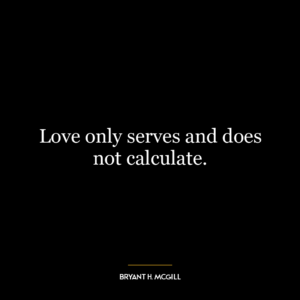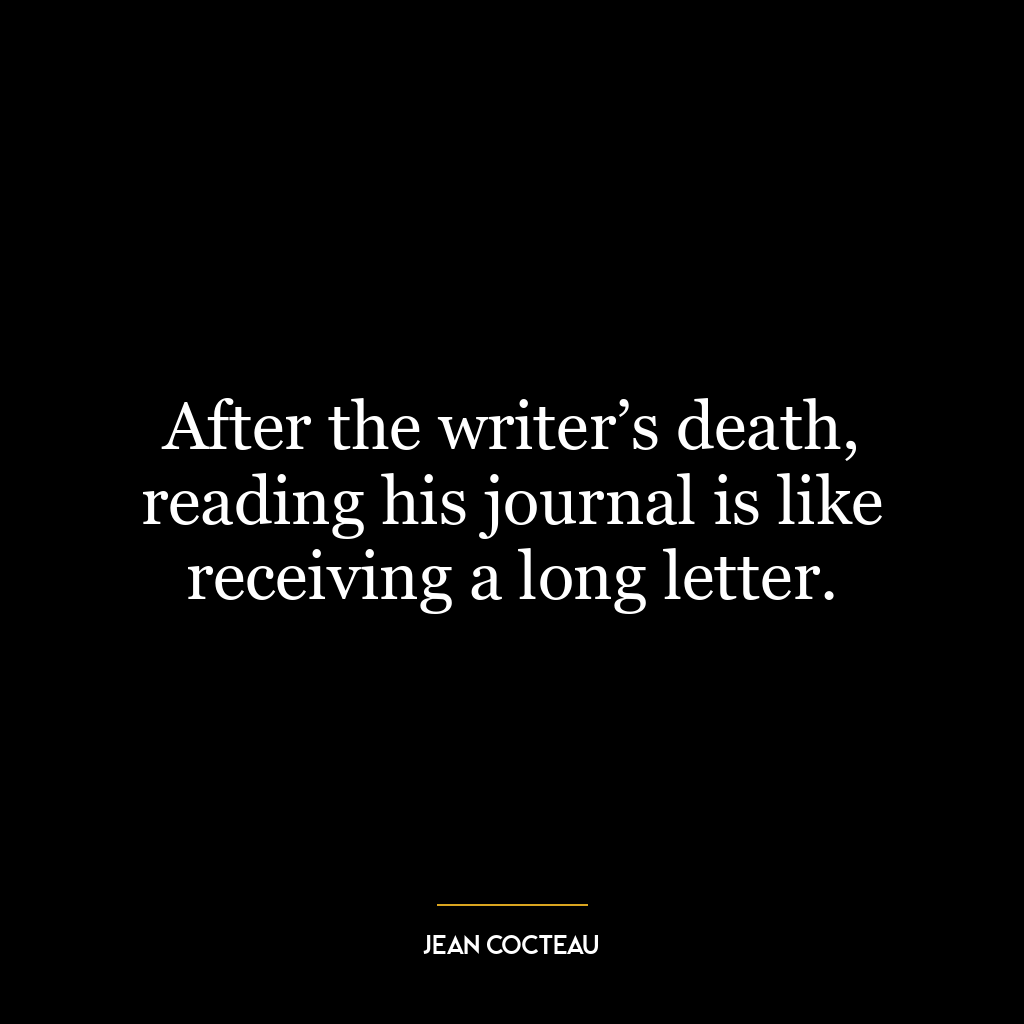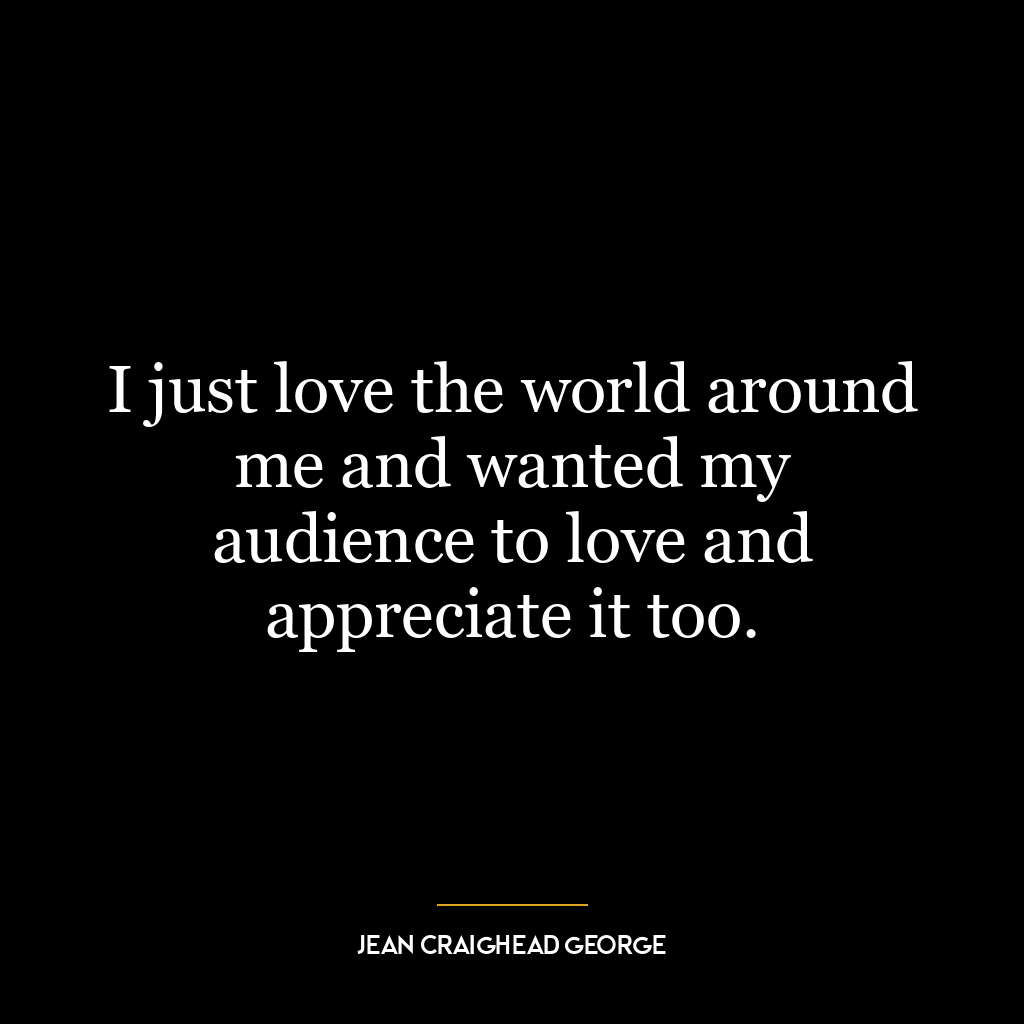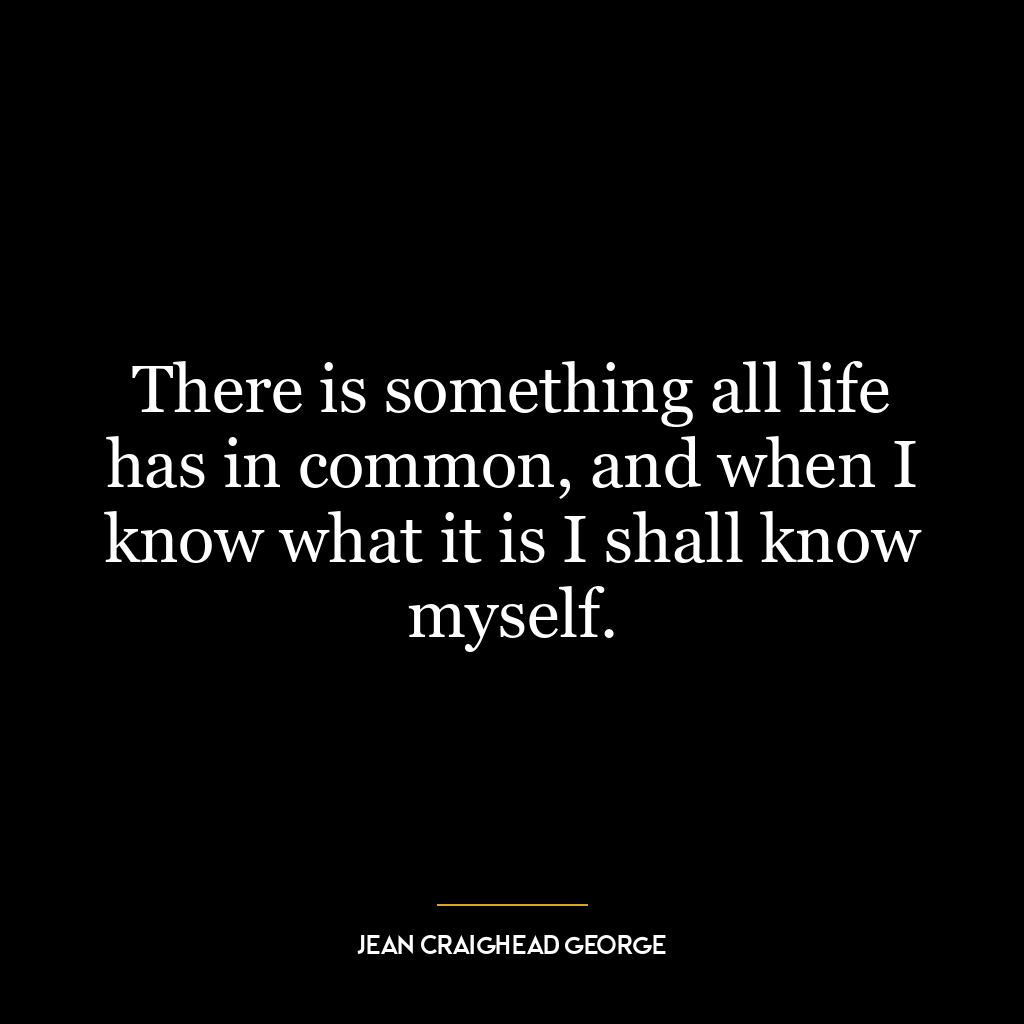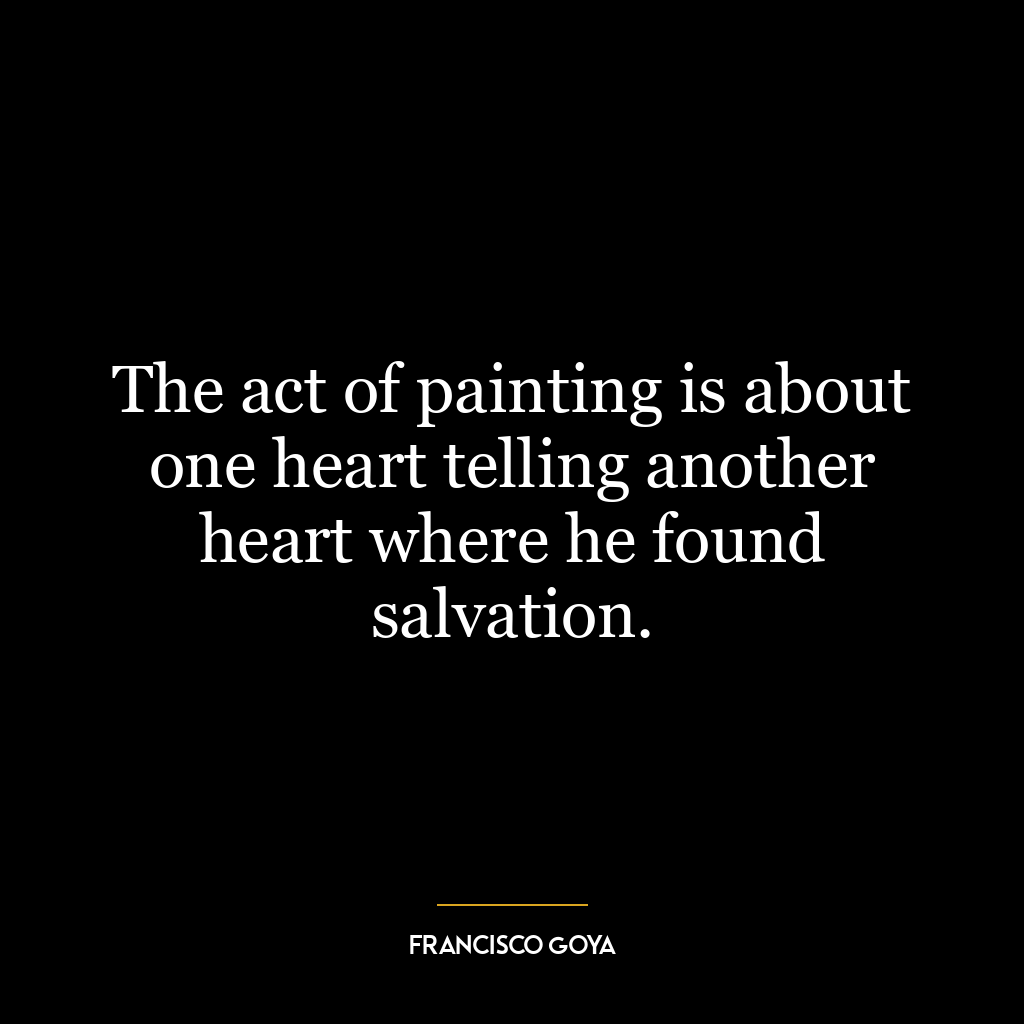Emotion is often what we rely upon to carry us across the unfathomable voids in our intelligence.
This quote suggests that emotion serves as a bridge over the gaps in our understanding or knowledge. In other words, when logic and reason fail to provide answers, we often resort to our feelings to guide us. This is not necessarily a negative approach, as our emotions are a fundamental part of our human experience and can provide valuable insights that our intellect might overlook.
In the context of today’s world, this quote is particularly relevant. In an era where information is abundant, yet misinformation is rampant, it can be challenging to discern truth from falsehood. In such situations, our emotions can act as a compass, guiding us towards what feels right or wrong. However, it’s crucial to strike a balance and not let emotions overrule our rational thinking entirely, as this could lead to impulsive decisions.
In terms of personal development, this quote underscores the importance of emotional intelligence. It implies that recognizing, understanding, and managing our emotions can help us navigate through life, especially when we face complex situations that our intellect alone can’t resolve. Emotions can also serve as a catalyst for creativity, innovation, and problem-solving, filling in the gaps where our intelligence may fall short.
However, relying solely on emotions can lead to biases and errors in judgment. Therefore, it’s essential to cultivate both emotional intelligence and critical thinking skills. This way, we can harness the power of our emotions without letting them cloud our judgment, thus achieving a more balanced and holistic perspective.





